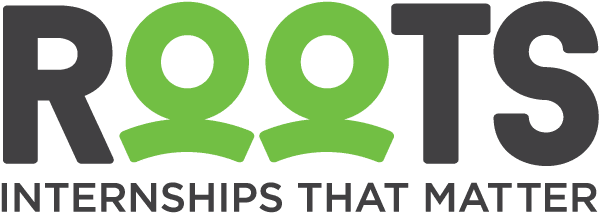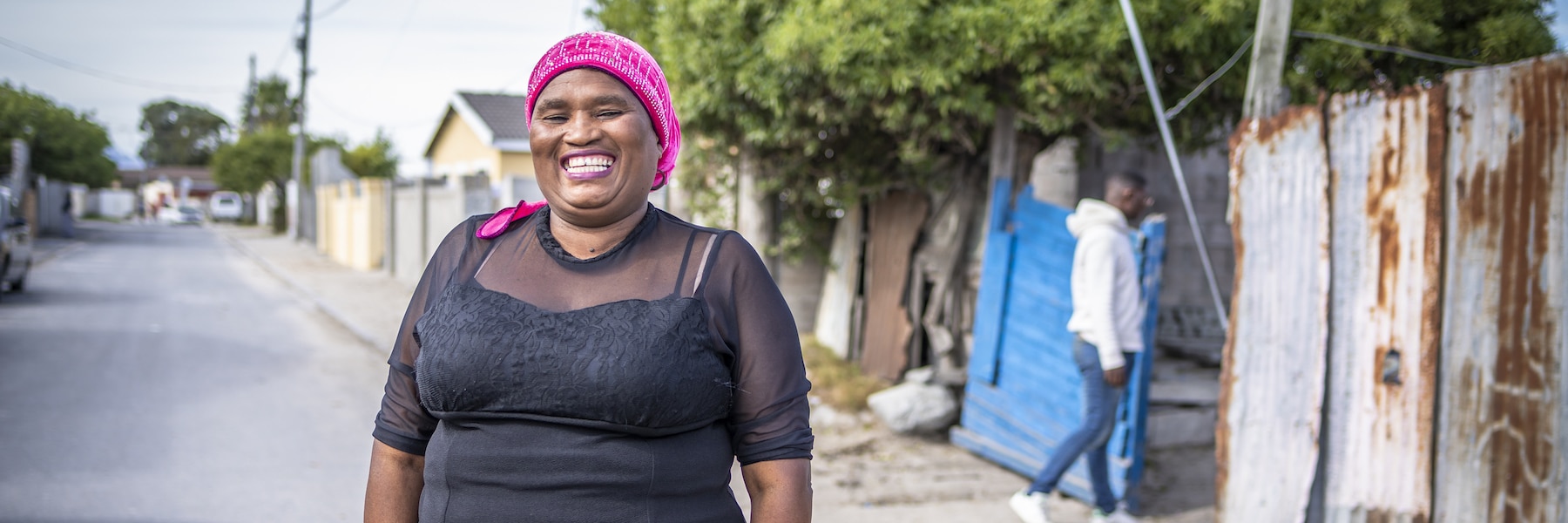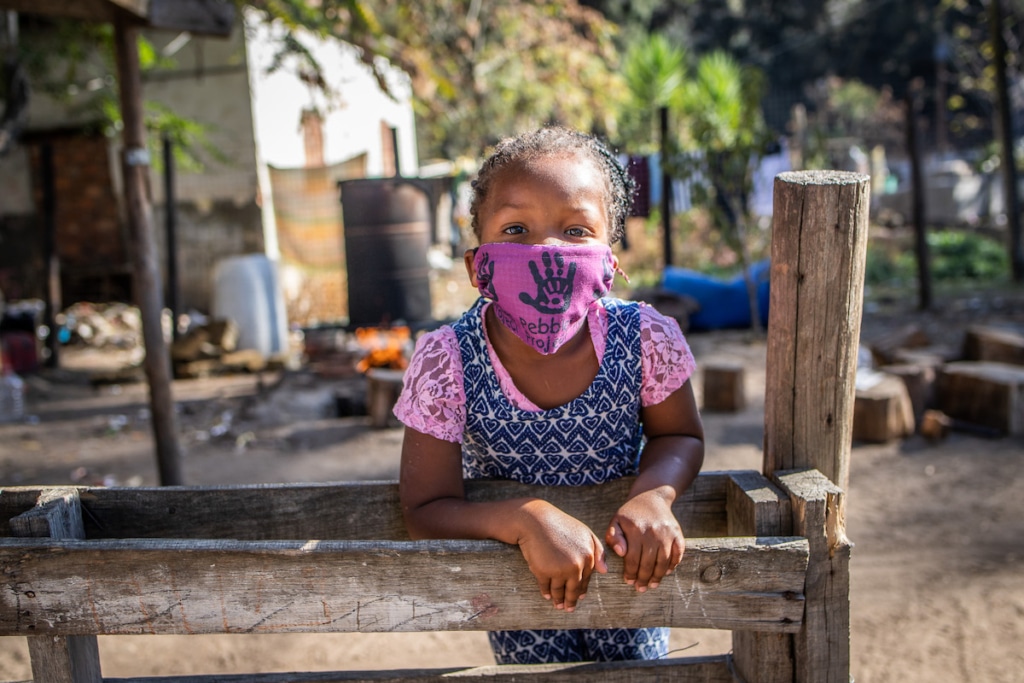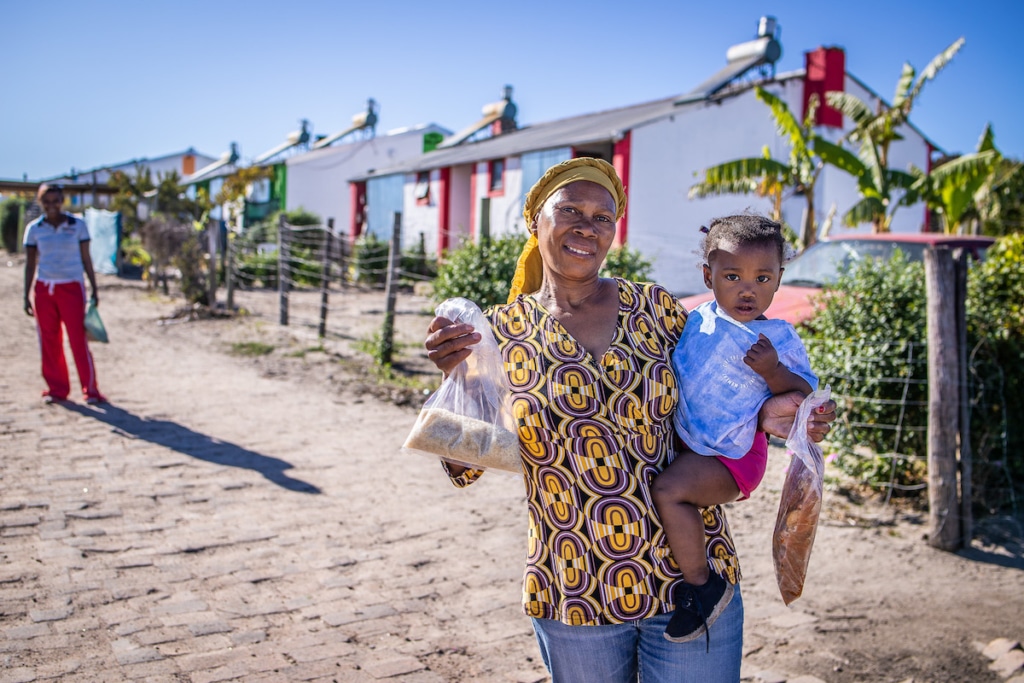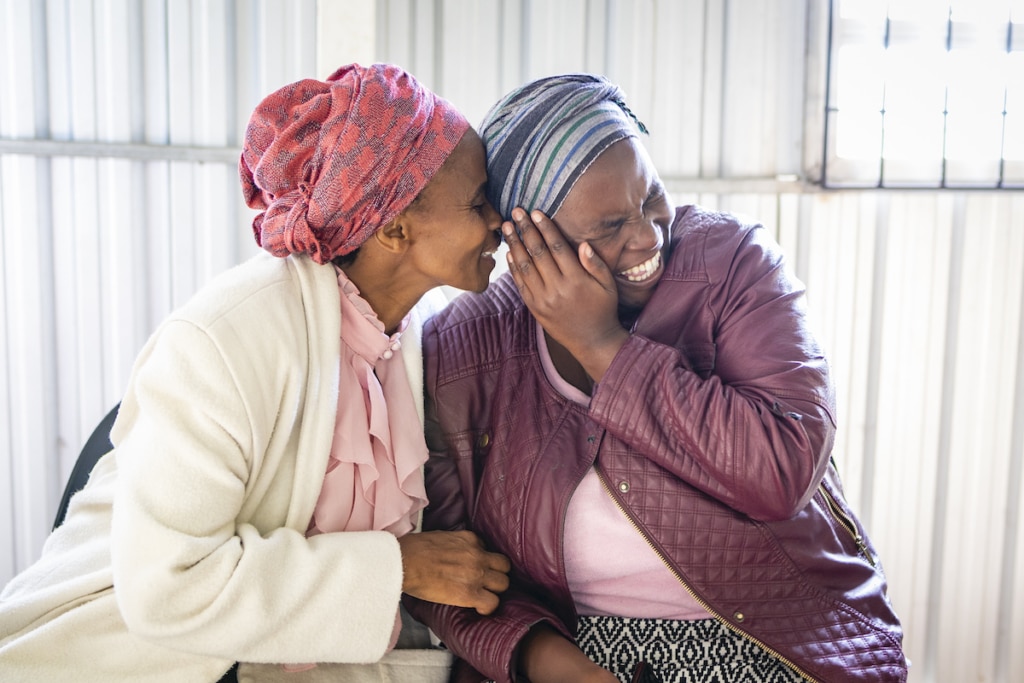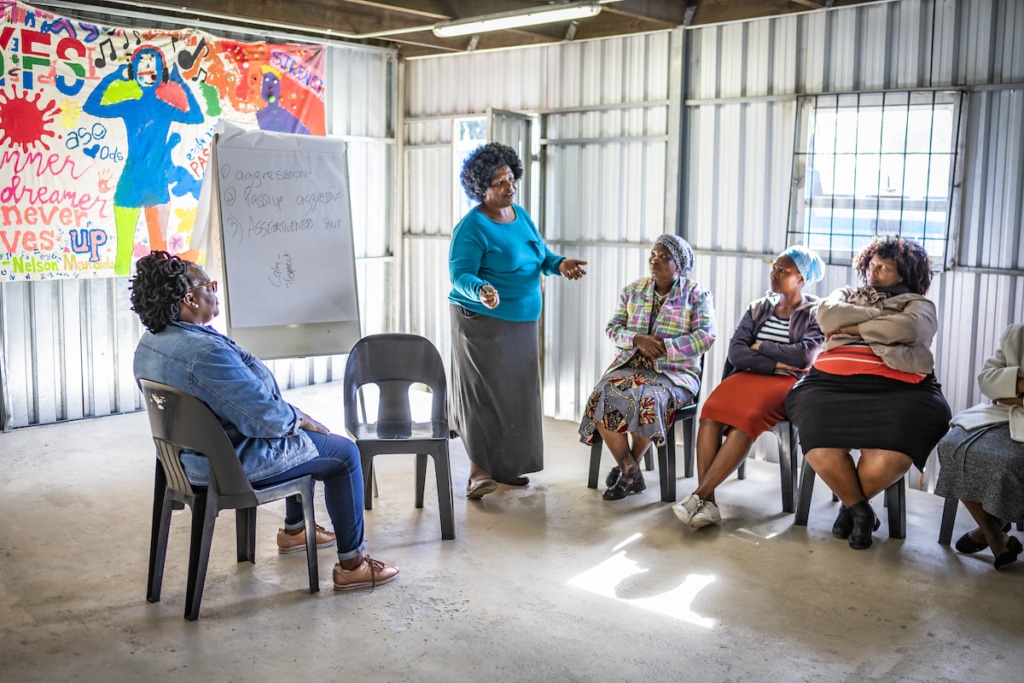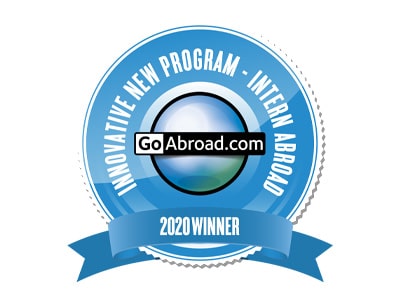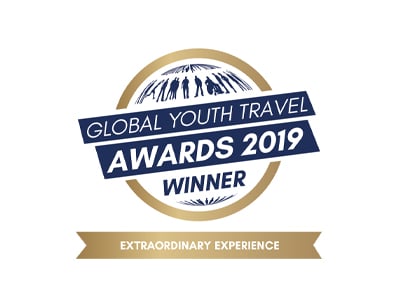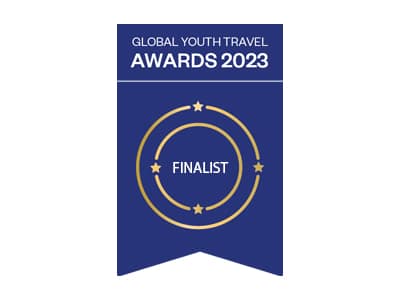Support gender equality work in Africa as an intern
If you are considering doing an internship in Africa, women’s empowerment internships are one of the most benevolent, impactful programs you could take part in. Many nonprofit organizations focused on female empowerment depend in part on the engagement of facilitators who seek to accelerate both African feminism and gender equality across the continent.
As an intern for one of these gender equality programs, you’ll be able to help facilitate projects on the ground and work behind the scenes on fundraising, reporting, communications, and related areas, gaining a broad understanding of both nonprofit management and female empowerment projects.
– Text by Taylor Schott, images by Anna Lusty
Currents of Equality: A History of Gender Equality in Africa
Waves of feminism have rippled through continents like North America, Europe, and Australia since in the early 1900s, solidifying by the mid-1900s. Such movements – typically spearheaded by white women – sought to equalize education access, ensure voting rights, and increase female involvement in the workforce. In more egalitarian-stagnant continents like Africa and South America however, their progress towards gender equality can seem virtually inert in comparison to more hegemonic countries such as the United States.
It is worth noting, though obvious, that continents like Africa and South America have been historically oppressed and disproportionately disadvantaged – an explicit exegesis for their lack of gender equality progress. Understanding their milieu is crucial when evaluating the difficulties in equalizing genders in these continents, particularly in Africa, where female empowerment movements are rooted in the social and political contexts defined by colonialism and the enslavement of African peoples.
African Womanism
Because of the historical exclusion of black women from the initial waves of white feminism, womanism has emerged as the African-American and African variant. African womanism addresses feminism from an African perspective, taking in an African geopolitical location and an African ideological viewpoint. It is important to distinguish African womanism with other variants because, “It places the feminist vision within black women’s experiences with culture, colonialism, and many other forms of domination and subjugation that impact African women’s lives” (Ogunyemi, Chikwenye Okonjo, 1985). Womanism aims at identifying the problems relating to male dominance in society while simultaneously seeking solutions to women’s marginalization by looking both inward and outward.
Notably, education access in Africa is difficult to come by as a whole. But, on the world’s second-largest continent, a woman’s right to an education is undermined by early and forced marriages, discrimination, and violence both in school and at home, and an increased vulnerability to HIV.
COVID-19 and its Impact on Women’s Issues
The coronavirus pandemic has only aggravated many of these pre-existing divides throughout Africa, from food insecurity to a curtailing of education. Though some traction has been lost, not all progress has been effaced; with the perseverance of women’s empowerment internships comes the opportunity to again aid those who disproportionately see such vast inequalities.
Emboldening African women by enhancing their skills and uplifting them alongside their community is the key to equalizing women throughout the continent, and ending the cycle of education and employment dissonance between the genders.
Obstacles to Equal Education in Africa
One major obstacle to women’s opportunities in Africa is the limited access to fundamental education. In many developed countries throughout the western and northeastern hemisphere such as the United States, Germany, France, Spain, Russia and Canada, the notion of education for both genders is a prevailing and unquestioned one. Throughout Africa however, similar strides have yet to be made. In their pursuit of self-reliance, African women encounter incalculable and intricate obstacles.
According to Plan International, “Poverty lies at the heart of many of the challenges that hinder girl’s access to education. The pressures of poverty mean that parents must constantly make decisions about how to utilize extremely limited resources.”
Pervasive impoverishment, long distances to schools, insecure learning environments, and the high cost of schooling all stand in the way of equal education in Africa. Moreover, various social issues continue to imbue African communities, muddying the waters of equity, such as sexual exploitation, violence, early marriage and pregnancy.
Interning for a Gender Equality Nonprofit Organization
These gender equality issues are the focus of a number of nonprofit organisations in Africa; initiatives that specifically address women’s issues and empowerment objectives. The overall goal of these projects is to see better educated young women (and men) head towards adulthood with a smaller gender gap and more opportunities for women in the workforce. To support these causes, and to gain work experience in the field, you can join some of them as an intern.
Undeniably, women’s empowerment internships and programs cannot ameliorate every single issue that exists as a barrier to education within African countries, particularly the larger, more elusive faults such as poor legal frameworks or a lack of national budgetary allocation. However, their aim is to stymie more tangible problems such as low-quality curriculums, direct costs, and various instabilities of a social or literal nature.
Examples of Women’s Empowerment Internships in Africa
As an intern for one of these female empowerment programs, you’ll be part of projects that ensure young girls receive the education and health support they need, or a program that supports female refugees through skill development workshops.
Depending on your skills and professional or academic focus, you can specialize in specific realms such as communications, fundraising, or curriculum development. A great opportunity to develop both professional skills and global cognizance, these internships can offer you with a supremely gratifying experience, both in terms of blooming benevolence and substantial professional development.
Highlighted below are some internships that are crucial, sustaining initiatives:
- Women’s Empowerment Internship with African Impact Foundation and Girl Impact, two nonprofits that work in tandem to provide teenage girls with developmental support. This internship can be done in South Africa, Zambia, or Tanzania, focusing on education, health, safety, income generation, early pregnancy, and self-confidence.
- Women’s Platform Internship with Scalabrini Center of Cape Town (SCCT), a secular non-government organization. This program assists female refugees in Cape Town and throughout the Western Cape with skill development workshops and general support. They provide its participants with ten different nationalities with mutual support, training, and in some cases opportunities for small business development; vied opportunities for these women to develop their personal as well as their business and entrepreneurial skills.
- Girl Power Program of Baobuyu in Livingstone, Zambia provides a space for girls to come together to talk and share their questions, thoughts, and worries about any aspect of their lives. Girl Power is a place where our girls can be themselves, create friendships, and gain knowledge that will benefit their daily and future life.
- Women’s Club at Baobuyu located in Mwandi, a rural community where the majority of women have not had the opportunity to finish school due to poverty, early marriages, and home or family commitments.
Applying for a Women’s Empowerment Internship
Women’s equality movements throughout Africa are gaining traction – slowly, but assuredly. As aforementioned, policies are beginning to erect that solidify this progress, and the programs mentioned here seek to build upon this policy progression with one-to-one, emboldening involvement. In South Africa, Tanzania, or Zambia, you’re bound to experience an invigorating, fruitful revelation – one of profound internal and external benefits.
If you’re interested in joining one of these gender equality internships, find out here how to apply – or get in touch with us if you have any questions!
Works Cited
Ogunyemi, Chikwenye Okonjo (1985). “Womanism: The Dynamics of the Contemporary Black Female Novel in English”.
